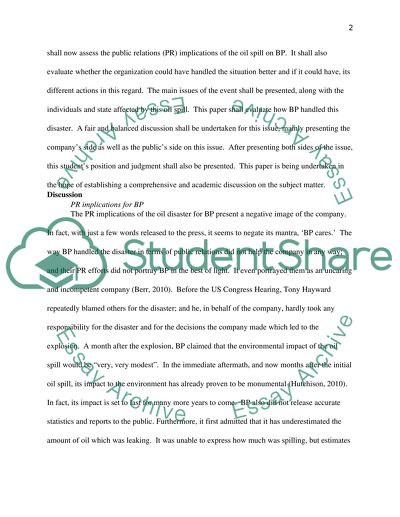Cite this document
(“BP oil spil Essay Example | Topics and Well Written Essays - 2500 words”, n.d.)
Retrieved from https://studentshare.org/environmental-studies/1405959-bp-oil-spil
Retrieved from https://studentshare.org/environmental-studies/1405959-bp-oil-spil
(BP Oil Spil Essay Example | Topics and Well Written Essays - 2500 Words)
https://studentshare.org/environmental-studies/1405959-bp-oil-spil.
https://studentshare.org/environmental-studies/1405959-bp-oil-spil.
“BP Oil Spil Essay Example | Topics and Well Written Essays - 2500 Words”, n.d. https://studentshare.org/environmental-studies/1405959-bp-oil-spil.


